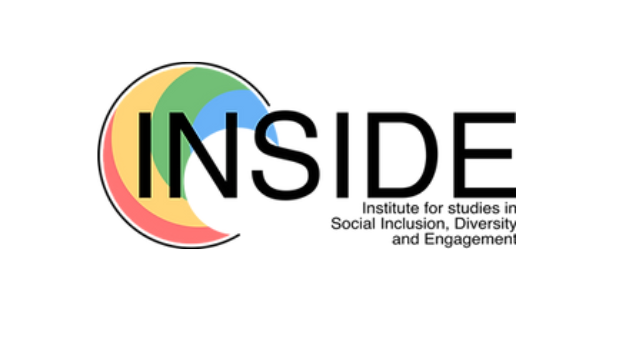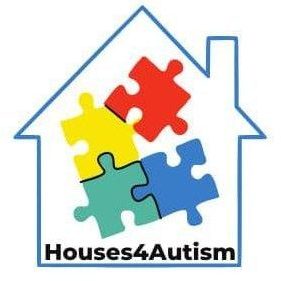Houses for autism
Independent living is a basic human right, yet many individuals with high-functioning autism face significant challenges when attempting to live independently. The Houses4Autism project will create resources to train people with Autism Spectrum Disorder (ASD) in designing their living spaces as supportive environments, where they can develop functional life skills and build self-confidence without reliance on external support.
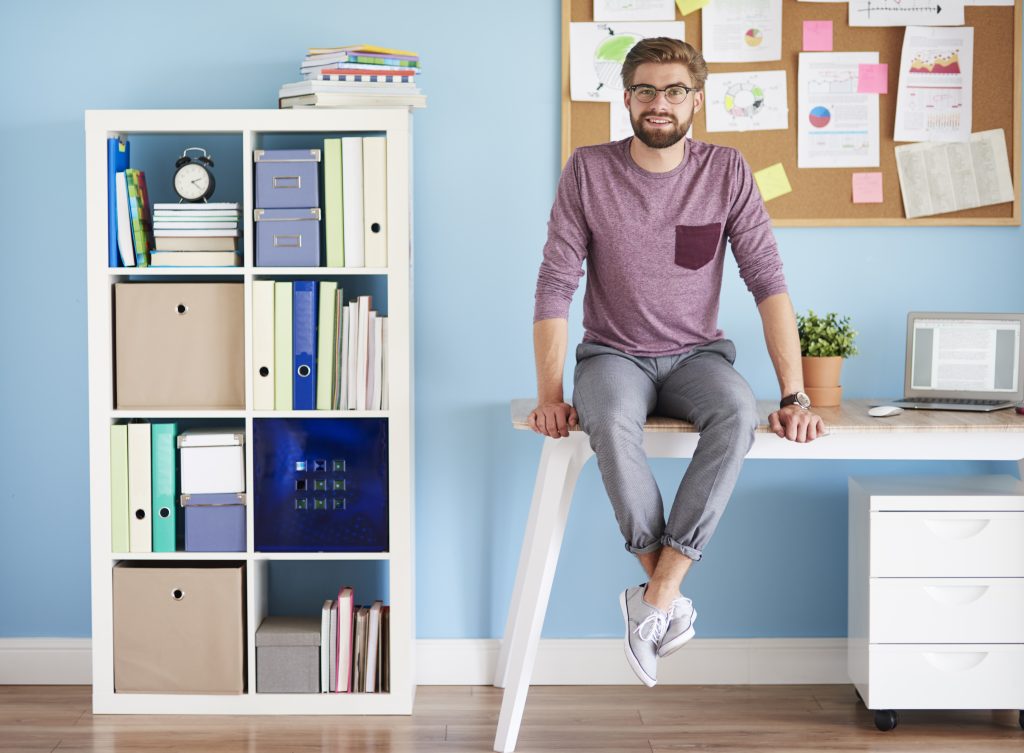
Based on a Comprehensive Needs Analysis
Through our EU-wide research and surveys involving 72 individuals with high-functioning autism across five European countries, we found that among individuals with ASD:
71%
47%
<10%
feel stressed at the thought of living independently
want training and support in managing stress and anxiety
are in current employment throughout Europe
Project Results
Throughout the project we will create several key resources to support individuals with autism in independent living.
1. Evidence Based Report on Supportive Housing
This report examines the current status of supportive housing for individuals with autism in all five partner countries. It identifies the needs and challenges faced by individuals with autism when seeking to live independently with minimal support. The findings will be used to inform all future project developments.
Click here to find out more.

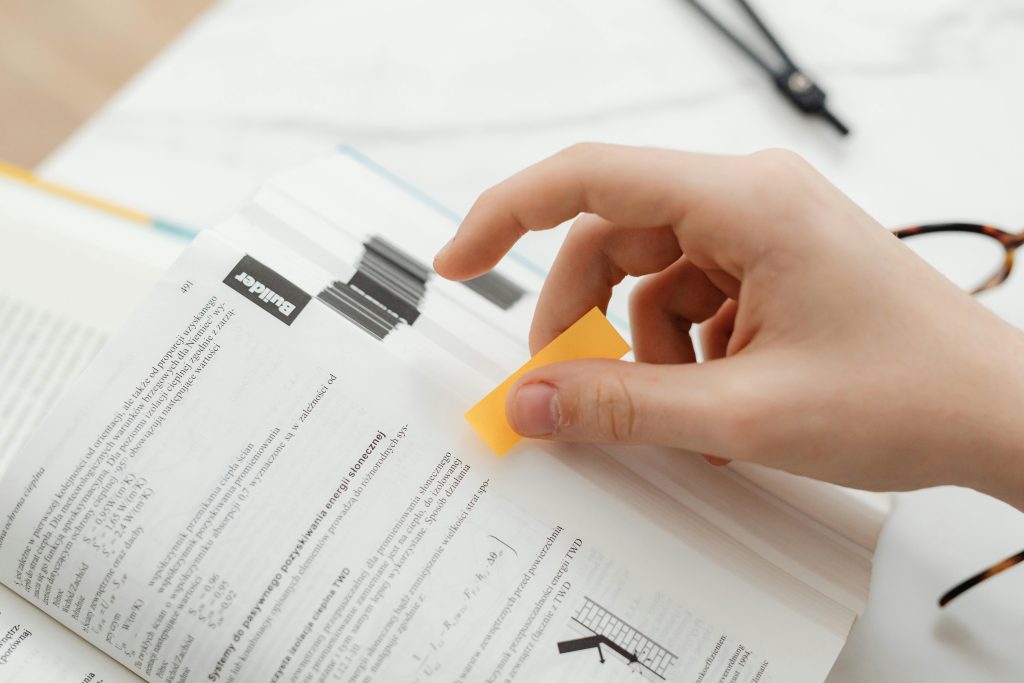
2. Educational Curriculum and Handbook
The curriculum will provide the theoretical foundation about the importance of independent living for individuals with autism and the significance of supportive housing environments. The handbook will offer practical guidance, methodologies, and activities that adult educators can use to train individuals with autism on adapting their home environments and developing functional daily living skills.
3. VR Interactive Game
A virtual reality application will be devloped that creates realistic simulations of home environments where users can practice redesigning spaces to meet their specific needs and rehearse daily living skills in a safe, supportive setting.
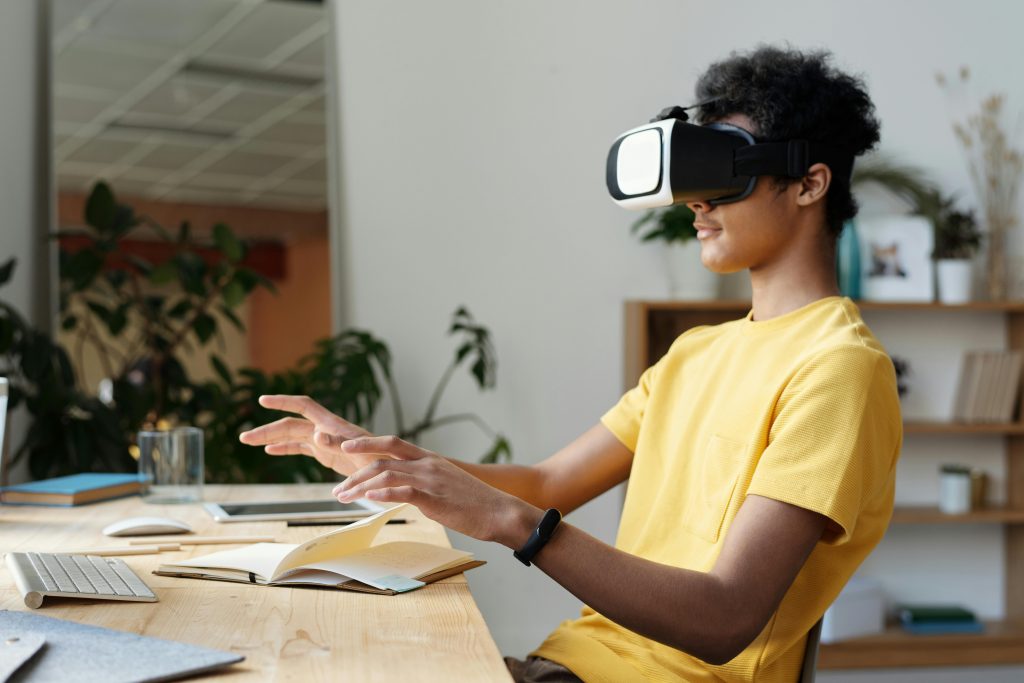

4. e-Learning Platform
An online, e-learning environment will make all training materials freely accessible to a wider audience, particularly for those facing geographical, economic, or social barriers to participation.
Click here to visit the e-Learning platform and find out more.
Partnership
Our project combines the skills and expertise of partners across Europe: from Cyprus, North Macedonia, Ireland and Denmark.
To find out more about the partners, click here.
Voice for Autism
Cyprus
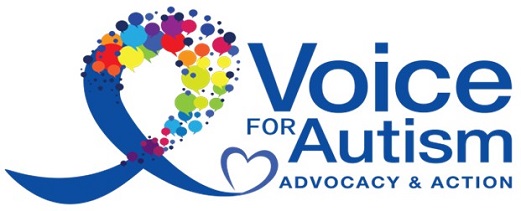
Stando LTD
Cyprus

Sina Svetulka
North Macedonia
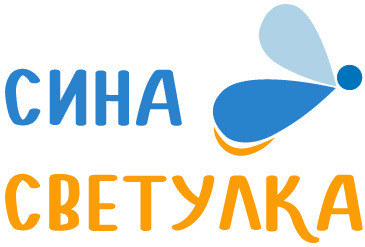
LudusXR
Denmark
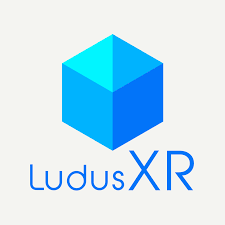
InsideEU
Ireland
